Between November 15th and 3rd December 2021, the UNESCO Chair on Ecohydrology and Transboundary Water Management of Sokoine University of Agriculture (SUA) in collaboration with MS Training Centre for Development Cooperation (MS TCDC) organized the 2nd International Training on Ecohydrology in Tanzania

The main focus of this training was to impart knowledge on “how to tackle water scarcity using Ecohydrology as contemporary tool for water management”. Key topics in this particular training included: Introduction to Ecohydrology and freshwater management; Introduction to integrated water resource management (IWRM) and principles of IWRM; River basin management and river restoration; Potentials for Ecohydrology in watershed management; Linking Ecohydrology and environmental economics; IWRM and aquatic ecosystem management; Marine resources, estuarine, and coastal wetlands management; Riparian vegetation and river health assessment; Ecohydrology, biotechnology and water resources management; Water resource management and gender involvement; Concept notes and project proposal writing; and Nature based solutions for ecosystem conservation and restoration interventions.
Background
Tanzania is in the transformation in terms of development after attaining the status of middle income country before the projected time. The country is currently in a huge change with respect to industrialization and other related infrastructures. It is perceived that in this foreseen economic progress, it is possible to harm the environment through land degradation, alteration of natural ecosystems and significant loss of biodiversity, meddling of watersheds and water resources, coastal degradation, water eutrophication and wetland abuse. Management of water resources is crucial for maintaining the ecological function of fresh water ecosystems. Increasing demand for water for domestic, ecological integrity, hydropower production, irrigation and industrial development calls for better allocation and management of water towards achieving sustainable human development. In order for these freshwater ecosystems to provide ecosystem goods and services sustainably, environmental management experts need to be equipped with new knowledge and skills.
Field work
Field excursion was conducted at Lake Duluti where trainees had the opportunity so observe riparian vegetation found along the lake shores. Among others, some of these vegetation includes Typha domingensis, Cyperus papyrus, Pennisetum purpureum, phragmites, reeds, sedges, etc (Figure 2).
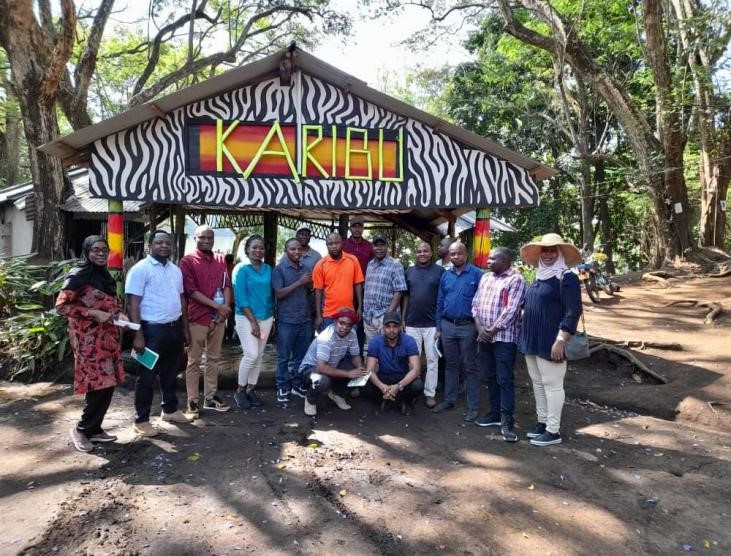


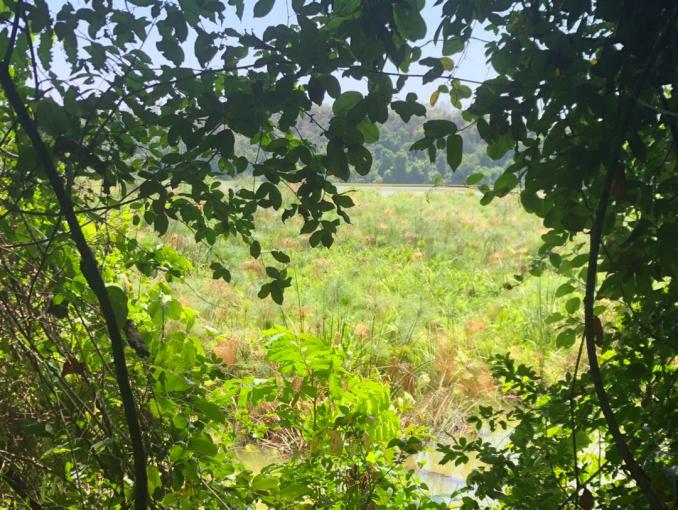
Figure 2: View of Lake Duruti and riparian vegetation along the shores
The excursion was more than a field work as trainees enjoyed various ecosystem services such as fresh air, recreation, scenic beauty, tourism, eco-tourism, cultural activities, let alone the fact that Duruti is a crater lake without inlet or outlet. However, the sustainable flow of these ecosystem services is threatened with anthropogenic activities taking place around. They include agriculture, livestock keeping, road and house construction, to name just few. These activities are threatening its sustainability, economic and ecological functions. Quick observations indicated signs on water pollution in form of eutrophication (Figure 3).
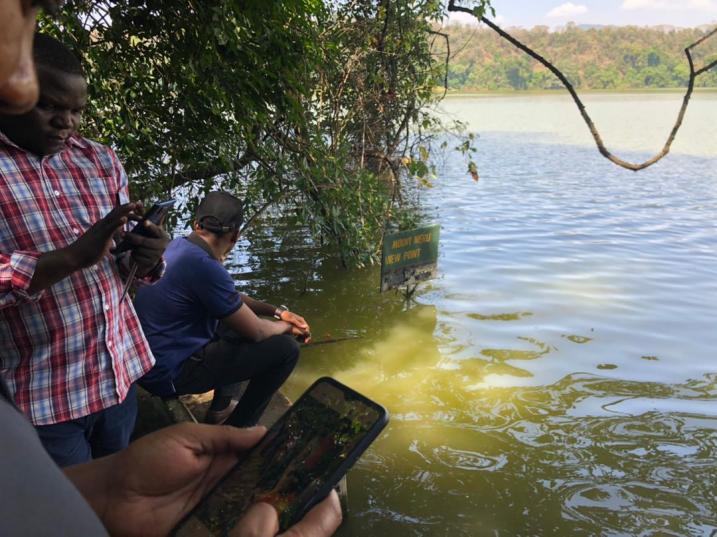

Figure 3: Signs of water eutrophication in Lake Duluti
As output of the training, each participant prepared a concept note on the use of Ecohydrology as nature based solution tool for lessening the magnitude of environmental degradation across the country. Upon successful completion of the training, all participants received certificates (Figure 4).
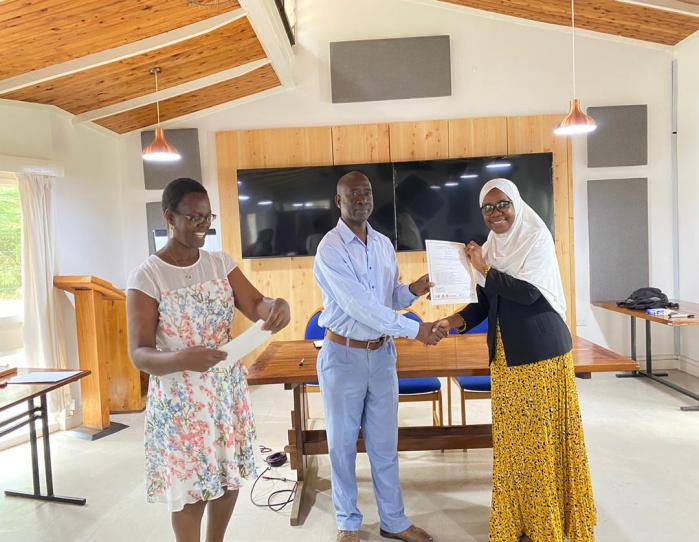
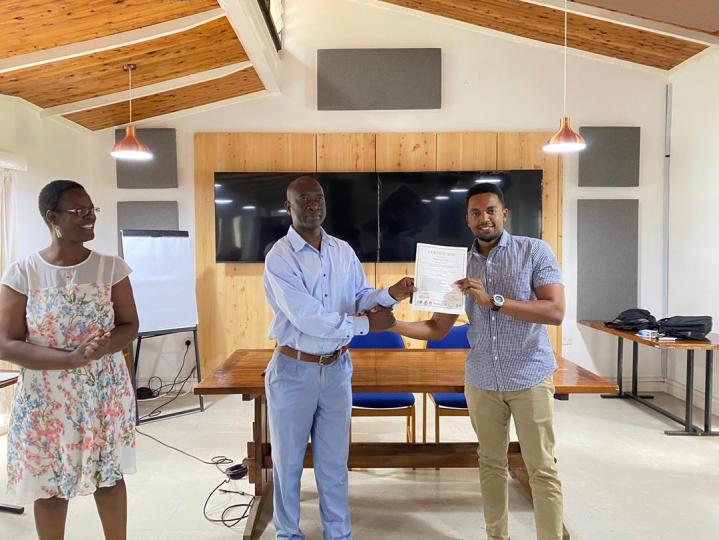
Figure 4: Dr. Makarius C.S. Lalika –Chiarholder and Coordinator of the UNESCO Chair awarding certificates of attendance
Future plans
Based on the success of this particular training, organizers are working on a Memorandum of Understanding (MoU) so as to formalize the cooperation for future events. Similarly, organizers are planning to run an advanced training scheduled to take place around February / March 2022.
For more information and clarification contact:
Dr Makarius C.S. Lalika and Clara Mwasota; UNESCO Chair on Ecohydrology and Transboundary Water Management, Sokoine University of Agriculture, P.O. Box 3038 Morogoro TANZANIA. E-mail: lalika_2mc@sua.ac.tz; clara.mwasota@sua.ac.tz




